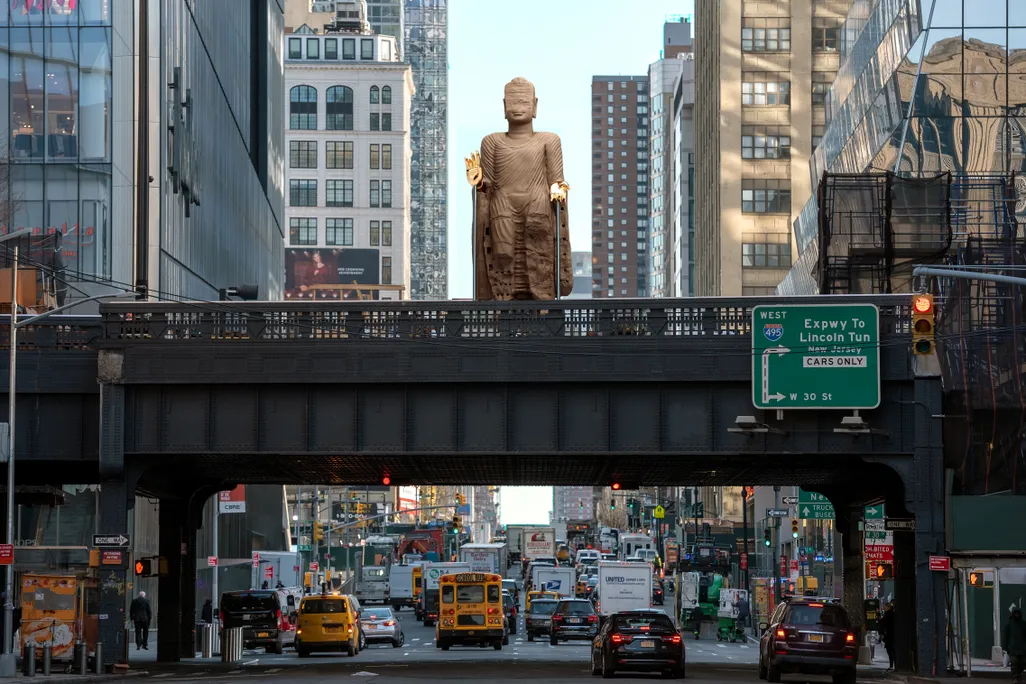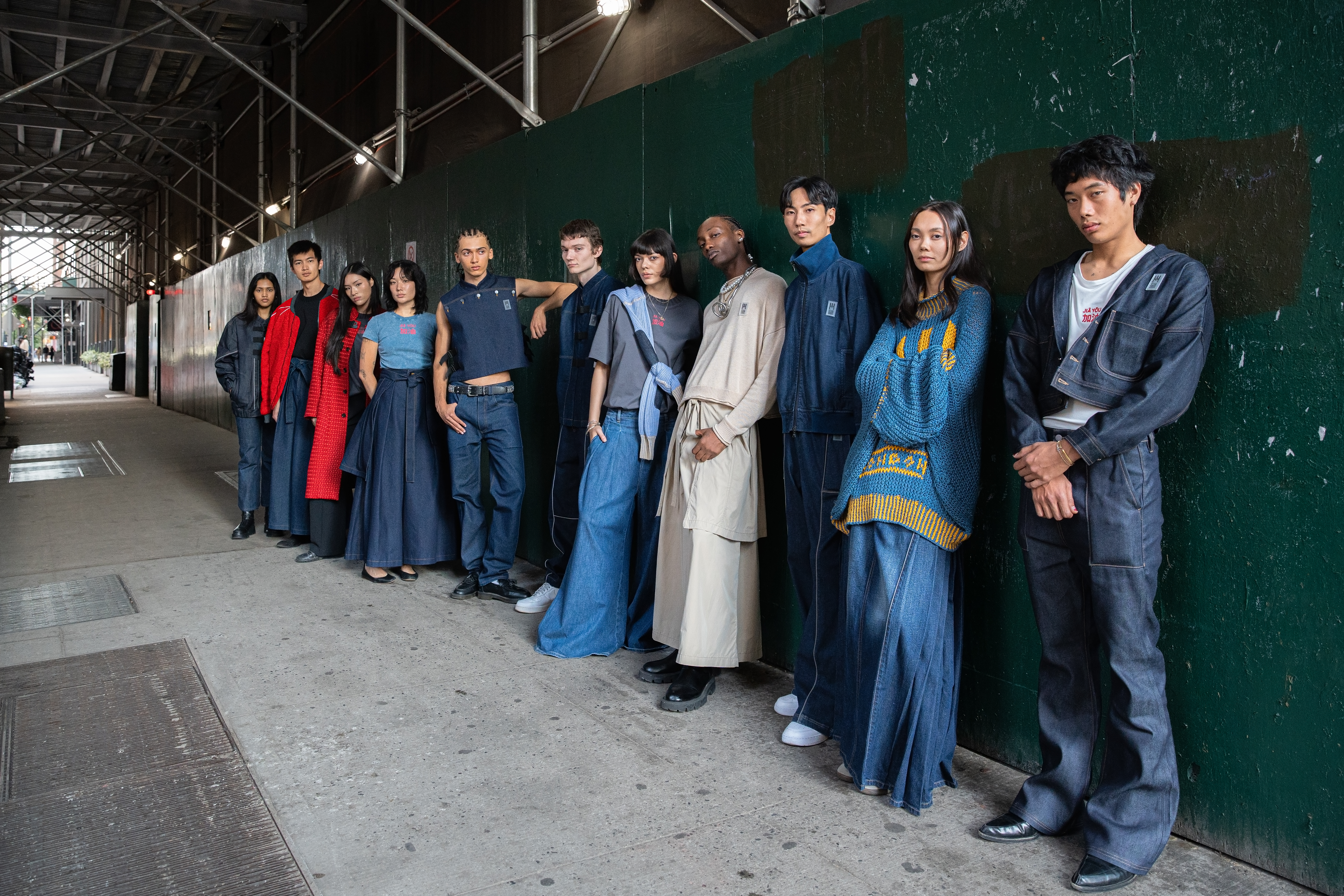Did you know there’s a secret signal amongst people from Fuzhou? By curling their ring fingers and pinkies, then shaking their hands with the other fingers unfurled, Fuzhounese people emphasize a sense of disapproval. Despite its potentially negative connotations, this simple hand gesture also embodies a connection between Fuzhou, the rest of Fujian province, and their diasporic communities.
And, if you happened to be in New York’s Central Park last week, you may well have seen this gesture. Last Thursday, the Queen of Chinese rap, Fuzhou native Vinida Weng, held her concert, Yaba!, in the New York City park, electrifying the city’s vibrant Fujianese immigrant community. The rapper’s recent hit, “WAIYA!,” is performed in Fuzhou dialect, and features the hand gesture in a music video that was shot around her hometown.
One fan exclaimed: “I heard aunties arguing in Fuzhounese in Chinatown this morning, and now I’m seeing Vinida rap in Fuzhounese, what a surreal experience.”
Hearing Fuzhounese in an up-to-the-minute pop song may be rare, but it is a common occurrence in New York’s Chinatown. In the 1990s, an overwhelming majority of Chinese people who immigrated to the U.S. came from Fuzhou. In New York, they eventually opened their own small businesses and restaurants. In Lower Manhattan’s Chinatown, Fujianese eateries like the cash-only service counter service restaurant Shu Jiao Fu Zhou frequently have lines out the door for their dumplings and peanut noodles.
Beyond celebrating Fuzhounese language and culture, Vinida’s “WAIYA!” also features an innovative beat. The song uniquely blends Fuzhounese lyrics with the musical genre of Amapiano, which is itself a mix of house, jazz, and Afrobeats, originating from South Africa. With Amapiano and Afrobeats making waves globally, “WAIYA!” is considered to be the first Chinese Amapiano song. The track was composed and produced by Vinida’s boyfriend and longtime collaborator, Harikiri.
In the comment section on the song’s Youtube page, many South African viewers voiced their approval for Vinida’s take on the genre. One commenter wrote: “I thought my eyes were blurry when I saw ‘Chinese Amapiano.’ This did not disappoint my curiosity, the lyrics, the rhythm, the beat, it evolved into its own style.”
At the concert in Central Park, not only did young fans show up for Vinida, but netizens also spotted older Chinese aunties bobbing their heads to the beat. There’s nothing more New York than a Fuzhounese song in a South African style bringing together different generations of Chinese people at a rap concert!
Banner image via Zhongwen Shuochang Quan Jilu.

















